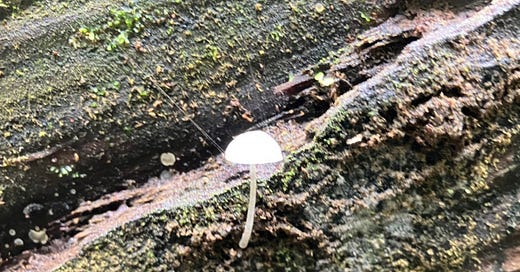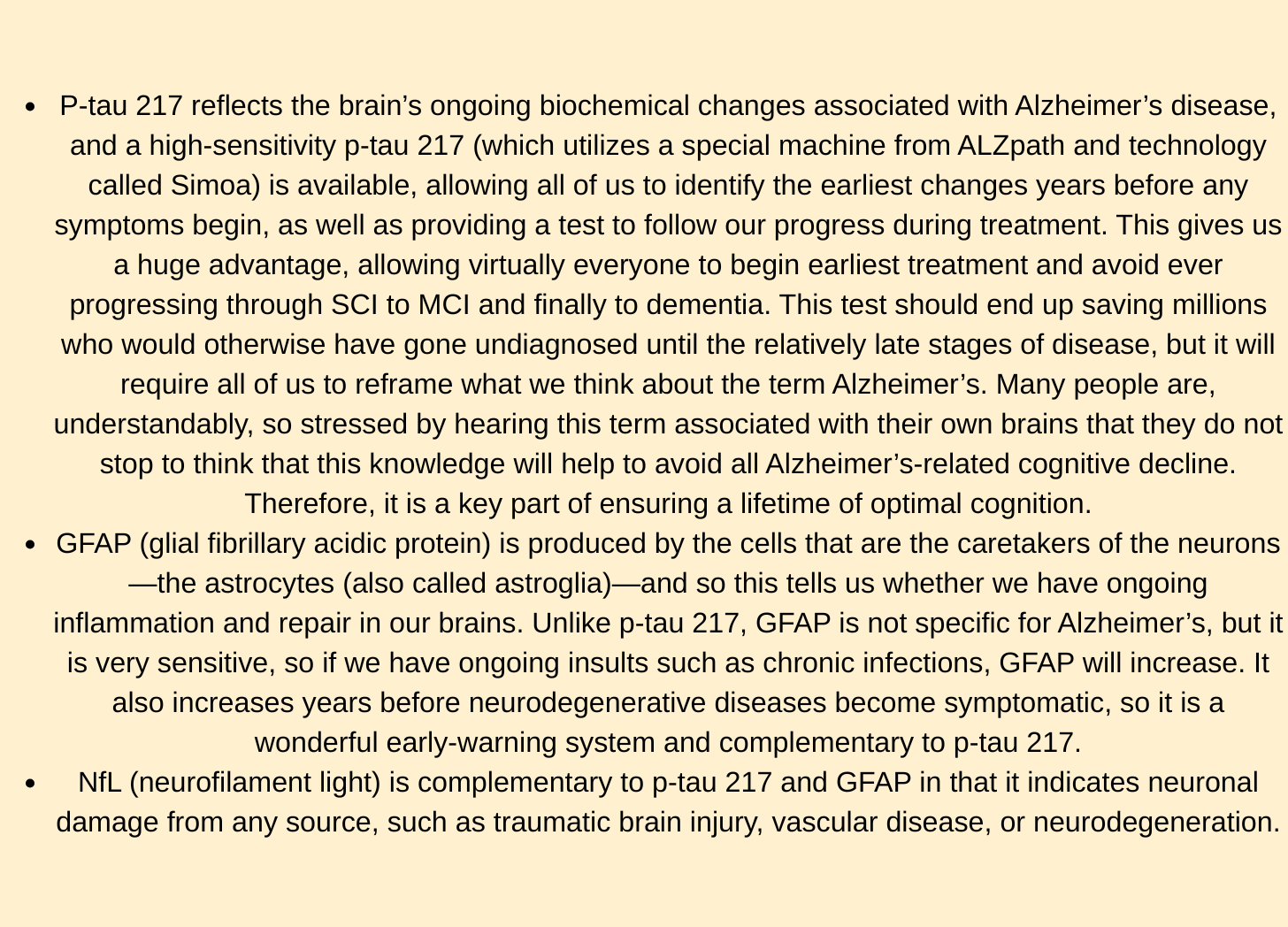Looming Void: May 5, 2025
Drafting done, now for the editing; an election and climate anxiety; cognitive decline biomarkers, anyone?
10,000 minutes
In a sun-drenched, chatty cafe in rural northern Victoria, I penned the last words of my book. After so long…
Of course the words will change. I’ve planned three to four months of intensive, multiple edits before I hand over to a copyeditors. And for the first time in years, this plan seems logical and doable.
Winter approaches. After a month of hiking, touristing, and helping children move their families into new homes, I now look forward to boring, stay-at-home, bum-on-chair dullness.
My spirits launch and soar like dragons.
An essential element of this next phase is dialogue with myself. So I’ll be journaling in this newsletter more regularly (hopefully completely punctually) during this next thrilling phase.
Monsters
Permanent anxiety, the kind that cannot be shifted, changes shape periodically. Despite my best efforts to ignore the Australian elections held last Saturday, I delved haphazardly, terrified that the Liberal (i.e. conservative) Party, headed by a climate-wrecking thug, Peter Dutton, would bounce back and rob the Labor Party’s leader, Anthony Albanese, of a second term. Australian politics is like that: unpredictable.
I need not have fussed. Dutton lost his own seat and his party has nearly been wiped out. Albanese rules and seems likely to do so for another half-decade or longer. Briefly, yesterday morning, I whooped with joy.
But all my fears for the legacy my climate-wrecking generation is bequeathing to grandchildren and future generations are now even more acute. Paradoxically, Albanese’s dominance makes it likely that he will feel free to pretend climate change action while feeding global fossil fuel interests. Far better would have been a much closer election, with Albanese coming out on top but being forced to form a minority government. No hope of that now.
When gripped by sudden bouts of anxiety, you clutch at straws. Perhaps, I wondered today, the unexpected Labor landslide signals a turn toward the younger generations. Could a new tranche of younger, more climate-motivated Labor politicians take over? An even more hypothetical possibility: could Australian radicalism suddenly escalate in the face of climate crisis apathy? Are we on the cusp of a better world?
Having written those four paragraphs, let me now retreat to an apolitical work focus for a month or more. Please…
Reluctantly, I have kept some tabs on news troublesome and cheering:
Using, among other data, citizen science data (call it eBird; I use that!), Cornell Lab scientists checked 500 American bird species from 2007 to 2021 and reckon two-thirds are declining “significantly.” (Reported in the Guardian.) Am I allowed release anxiety to bloom over such horrors?
Jeva Lange: “Swiss Re estimates there’s a 1-in-10 chance insured losses in the U.S. will pass $300 billion in 2025.” (And read Susan Crawford on this.) Gulp!
We’re in the midst of the largest mass coral bleaching ever. It began last year and is damaging 84% of the world’s corals. Gulp!
400 American scientists are working on the Sixth Climate Assessment due in 2028. Well, they were … Trump has sacked them all.
Xi Jinping says (Carbon Brief newsletter) China remains ambitious on climate change actions and will report aggressively with its required plan documentation for COP30. I appreciate some of this is geopolitical grandstanding in light of America’s rogue regressions but I’m cheered by this.
The Australian election result is being presented by some as equivalent to the recent barnstorming Canadian turnaround victory of Mark Carney. Bill McKibben reckons (read his entire newsletter on it, wonderful): “in Carney we now have the world leader who knows more than any of his peers about climate change. And who knows roughly twenty times as much about climate and energy economics as anyone else in power. He may turn out to be a truly crucial figure in the fight to turn the climate tide.” Applause.
Bill McKibben reports on a planned huge mass action on September 21. It’s called SunDay. If it comes to Australia, I’ll be there.
Mortality
No news of great import although have you heard of three biomarkers of cognitive decline (i.e. Alzheimer’s, dementia)? Dale Bredesen, an American doctor who works extensively with patients suffering or threatened by cognitive impairment, has published a book (The Ageless Brain: How to Sharpen and Protect Your Mind for a Lifetime) recently that discusses these blood biomarkers: P-tau 217, GFAP (glial fibrillary acidic protein), and NfL (neurofilament light). They’re new in the United States, so I expect my pursuit of them with my local doctor to be bumpy.
But we do wish to know, don’t we?






